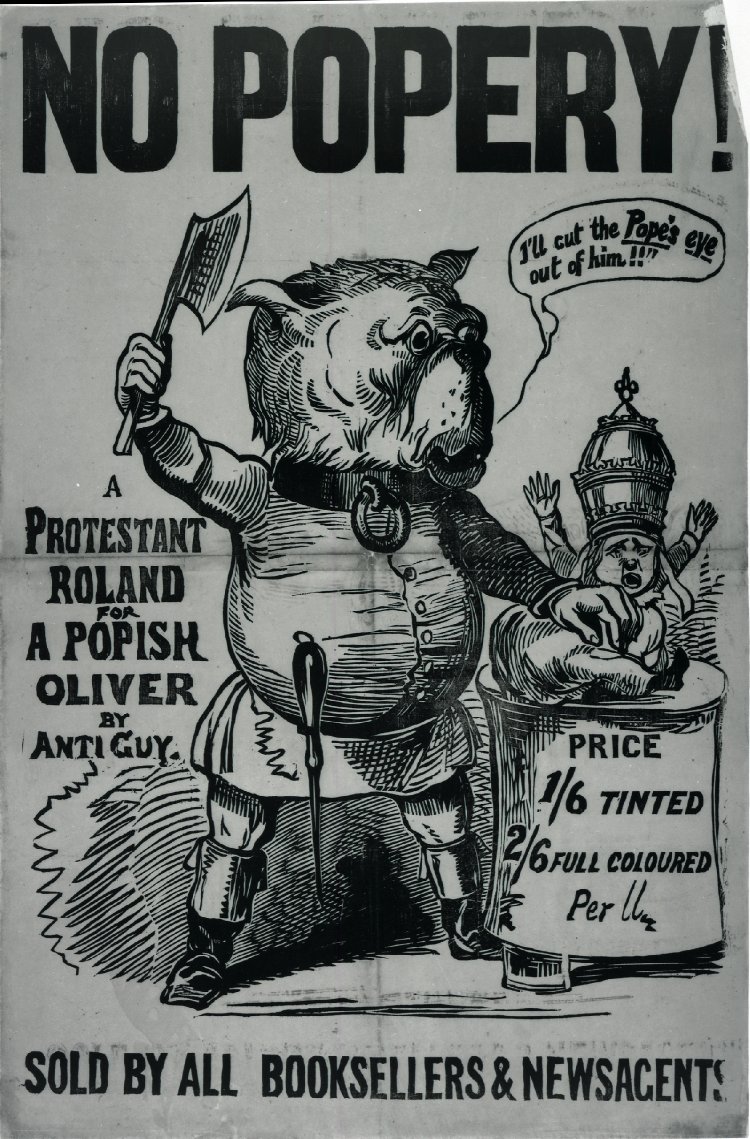Reshaping the British Constitution: Essays in Political Interpretation
Free download. Book file PDF easily for everyone and every device. You can download and read online Reshaping the British Constitution: Essays in Political Interpretation file PDF Book only if you are registered here. And also you can download or read online all Book PDF file that related with Reshaping the British Constitution: Essays in Political Interpretation book. Happy reading Reshaping the British Constitution: Essays in Political Interpretation Bookeveryone. Download file Free Book PDF Reshaping the British Constitution: Essays in Political Interpretation at Complete PDF Library. This Book have some digital formats such us :paperbook, ebook, kindle, epub, fb2 and another formats. Here is The CompletePDF Book Library. It's free to register here to get Book file PDF Reshaping the British Constitution: Essays in Political Interpretation Pocket Guide.
Contents:
We might ask: what will happen if the inclusivity does not lead to the desired increase in effectiveness? The Holyrood Parliament has the most extensive authority, including primary legislative powers. India portal Politics portal. It is sceptical about proposals of reform based on a priori commitment to a value such as freedom or equality. Bourke, in Dwan and Insole Neiman, S.
Karagjozov" Skopje. Secondary School of Nursing Celje. Medical School Novo mesto. Medical School Ljubljana. Medical School Belgrade. Medical School S. Secondary School Kikinda. Secondary School Postojna. Dental Technical Belgrade. Dental School Sarajevo. Medical School Jezero Sarajevo.

Partner Schools. Maritime School Zadar. Gymnasium Zagreb. Women's Gymnasium Zagreb. School of Contemporary Dance. Gymnasium T.
Air Craft School R. Gymnasium Daruvar. Secondary School Dugo Selo. Secondary School Dalj. Schola medica The third exchange in Koprivnica on the project "What does the brain know about dance? For memory!!!!!!!! Useful links. Tour de Matour. Microsoft Hrvatska. Riva On. About the news section. Your reading intentions are also stored in your profile for future reference. To set a reading intention, click through to any list item, and look for the panel on the left hand side:.
- R. A. W. Rhodes.
- English Historical Review 121 (2006), 490.
- Devils Island.
Reshaping the British constitution: essays in political interpretation. Library availability. Buy from Amazon.
How the Civil War Changed the Constitution
Have you read this? Military Law and Civilians The war also created a new set of rules — laws that are still with us — for when and how military tribunals or martial law can apply to civilians. For example, when the war began there were no federal laws prohibiting acts of sabotage or for preventing civilians from forming armies to make war on the United States.
Nor was there any national police force. Thus, President Lincoln suspended habeas corpus along the railroad route from Philadelphia to Washington and used the Army to arrest pro-Confederate terrorists, like John Merryman, who was tearing up railroads leading to Washington, D. Again, this was a matter of necessity, not ideology: Congress was not in session, and so Lincoln acted on is own authority. Indeed, if Merryman had been successful, members of Congress would have been unable to reach Washington to meet.
Thus, the Constitutional rule from the Civil War is that in a dire emergency the government may act to restrain people to preserve public safety. An unfolding history of the Civil War with photos and articles from the Times archive and ongoing commentary from Disunion contributors. But what happens when the immediate and pressing emergency is over? May the military still be used to arrest and try civilians? The answer from the Civil War is an emphatic no. During the war military officials in Indiana arrested Lamdin P. Milligan for trying to organize a Confederate army in that state.
Nevertheless, the Army tried Milligan and sentenced him to death.
- France eBooks (Page 17) - giuliettasprint.konfer.eu?
- Old Institutionalisms an Overview - Oxford Handbooks?
- Manual of Techniques in Insect Pathology (Biological Techniques Series).
- Socialism and Democracy : New Labour and the Constitution?
- Is Not Doing A Dissertation Bad.
- Libertarian Reader (Philosophy and society).
- Constitution of India.
In , in Ex parte Milligan, the Supreme Court ruled that the trial was unconstitutional. The military might arrest Milligan because of the emergency of the war just as it had arrested Merryman , but the court ruled that if the civilian courts were open, as they were in Indiana, it was unconstitutional to try a civilian in a military court. This has generally been the law of the land ever since.
Reshaping the British Constitution provides a vigorous critique of the deformations of Britain's customary constitution and why it could not effectively stem the. Reshaping the British Constitution: Essays in Political Interpretation ( Contemporary Political Studies) [N. Johnson] on giuliettasprint.konfer.eu *FREE* shipping on.
The Justices relied on Milligan. In Dred Scott v. Sandford, decided in , Chief Justice Roger B. Taney ruled that blacks could never be citizens of the United States, even if they were treated as citizens in the states where they lived.
Essays in Political Interpretation
This led to the oddity that blacks could vote for members of Congress and presidential electors in six states, and could hold office in those states and some others, but they were not citizens of the nation. For example, before the war blacks could not be members of state militias, serve in the national army, receive passports from the State Department, or be letter carriers for the post office. During the war all this began to change. In Congress authorized the recruitment of blacks in the national army and in state militias.
Upcoming Events
While most black soldiers were enlisted men, some served as noncommissioned officers, and a few served as officers. Martin Delaney held the rank of major. Abraham Lincoln became the first president to meet with blacks, and in the case of Frederick Douglass, seek out their advice. In and Congress gave charters to street railway companies that required that there be no discrimination in seating.